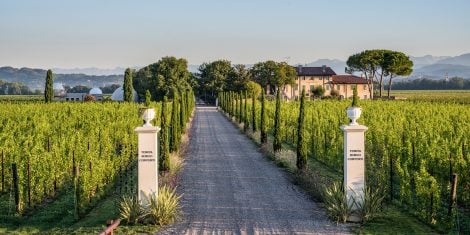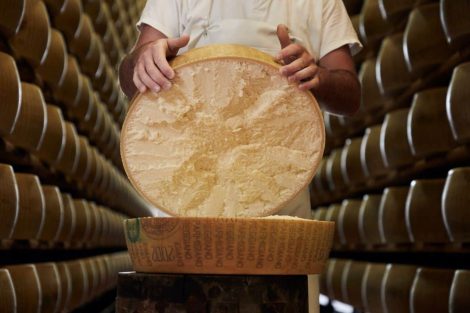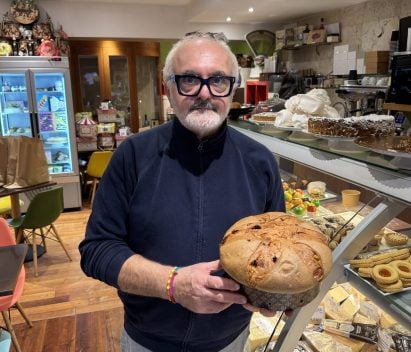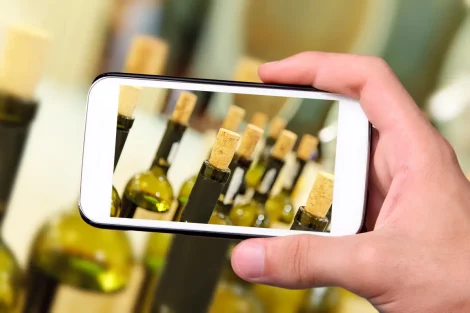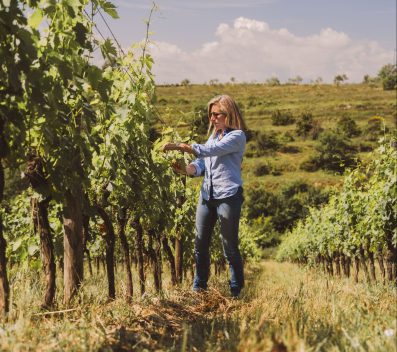Through his professional journey, Valerio Capriotti has gained experience in high-end restaurants and gourmet establishments, navigating the world of wine as well as the art of front-of-house service. Today, he has found his niche in Rome at Enofficina, a neighbourhood wine shop where he has crafted a measured, grounded approach. It’s a version of cellar and dining room work with its feet firmly planted on the ground, far from grandiose announcements but closer to the daily reality we all live.
Valerio Capriotti, Enofficina is a neighbourhood wine shop. How do you find this environment?
We aim to bring joy to our guests with a solid selection of wines, good labels, and reasonable prices.
How do you select your suppliers?
Most are producers we’ve known for a long time with whom we have direct relationships. We work with very few distributors, even for foreign wines. For instance, we collaborate with French and German winemakers. As for the big Champagne houses, I don’t think we’ll ever stock them—we prefer small manipulants who bring something different. But everything is always accessible to everyone.
No sacred monsters, then?
No, we don’t carry prestigious wines in the usual sense, but rather good wines that carry less weight.
Doesn’t the cellar suffer because of this?
Now is the time for leaner, more agile cellars. To create a great wine list, you don’t necessarily need Krug or Sassicaia. With the budget required for certain labels, we can buy three excellent wines and please more of our guests.
You mostly cater to a local clientele with many regulars. Has wine consumption changed over time?
If you’re asking about recent weeks, I’d say yes. With the new amendment, people are drinking less. That famous “last glass” at the end of the evening is often skipped, albeit reluctantly, and they openly admit it. Even though, in practice, nothing has changed (as frequently stated by Minister Salvini and confirmed by Riccardo Cotarella, president of Assoenologi), the impact of the new traffic regulations is strongly felt. Hopefully, things will ease up because it’s becoming a real problem (as highlighted by prominent dining room professionals).
What about compared to a few years ago?
Things have changed significantly compared to a few years ago. Guests are more knowledgeable, which challenges us to learn more and stay prepared. Many now speak about wine fluently and can clearly articulate what they’re looking for. I find it more enjoyable because as knowledge grows, so do the possibilities for choice. Palates are more refined, and people have started to drink differently than before. Every type of wine has marked an era.
What era are we in now?
I believe we’re witnessing the decline of the orange and natural wine wave. Let’s say we’re seeing the ebb tide of good wine.
And natural wine isn’t good?
Sometimes the term can be misleading. For me, it’s crucial that the wine is made ethically and that the producer has an independent vision. It should be natural, yes, but also naturally good and well-made.
So what’s the direction now?
We’re seeing a return to wines that perhaps offer more identity—of the territory and the grape variety. The focus on territoriality, which is what I always emphasise, is making a comeback. It’s this sense of place that shapes a wine list.
And with natural wines, is there no sense of place?
With certain orange wines, the connection to the territory and the characteristics of the grape variety have been overlooked. Their distinct traits have been stripped away. For us, it’s more important to highlight the name and surname of the farmer—the person working the vineyard.
Yet many natural wine producers...
We’ve seen many young people who used to do something entirely different suddenly start making natural, unfiltered wines. They’ll say, “I didn’t wash the barrel, I didn’t clean the filters.” But that’s a dirty wine, not an unfiltered one.

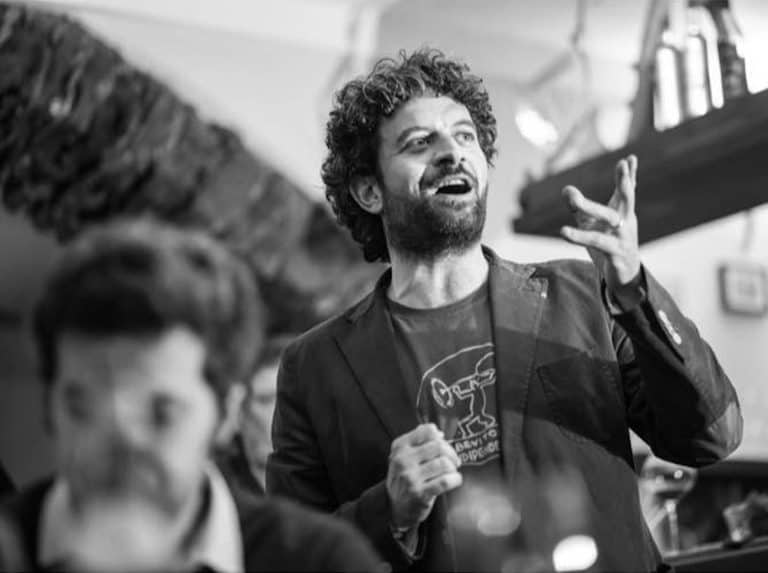
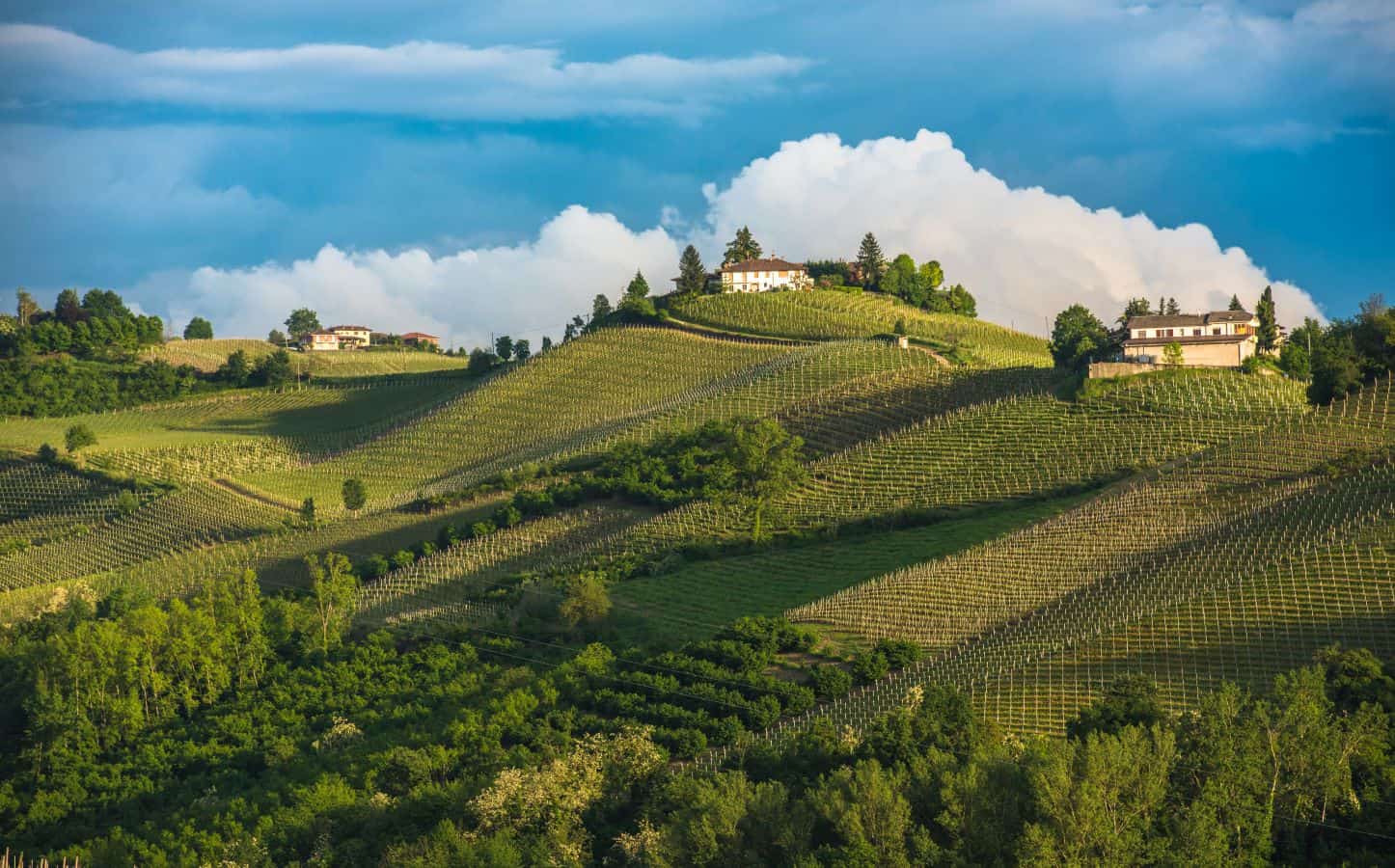 The UNESCO effect: tourism is growing, but there is a risk of losing identity
The UNESCO effect: tourism is growing, but there is a risk of losing identity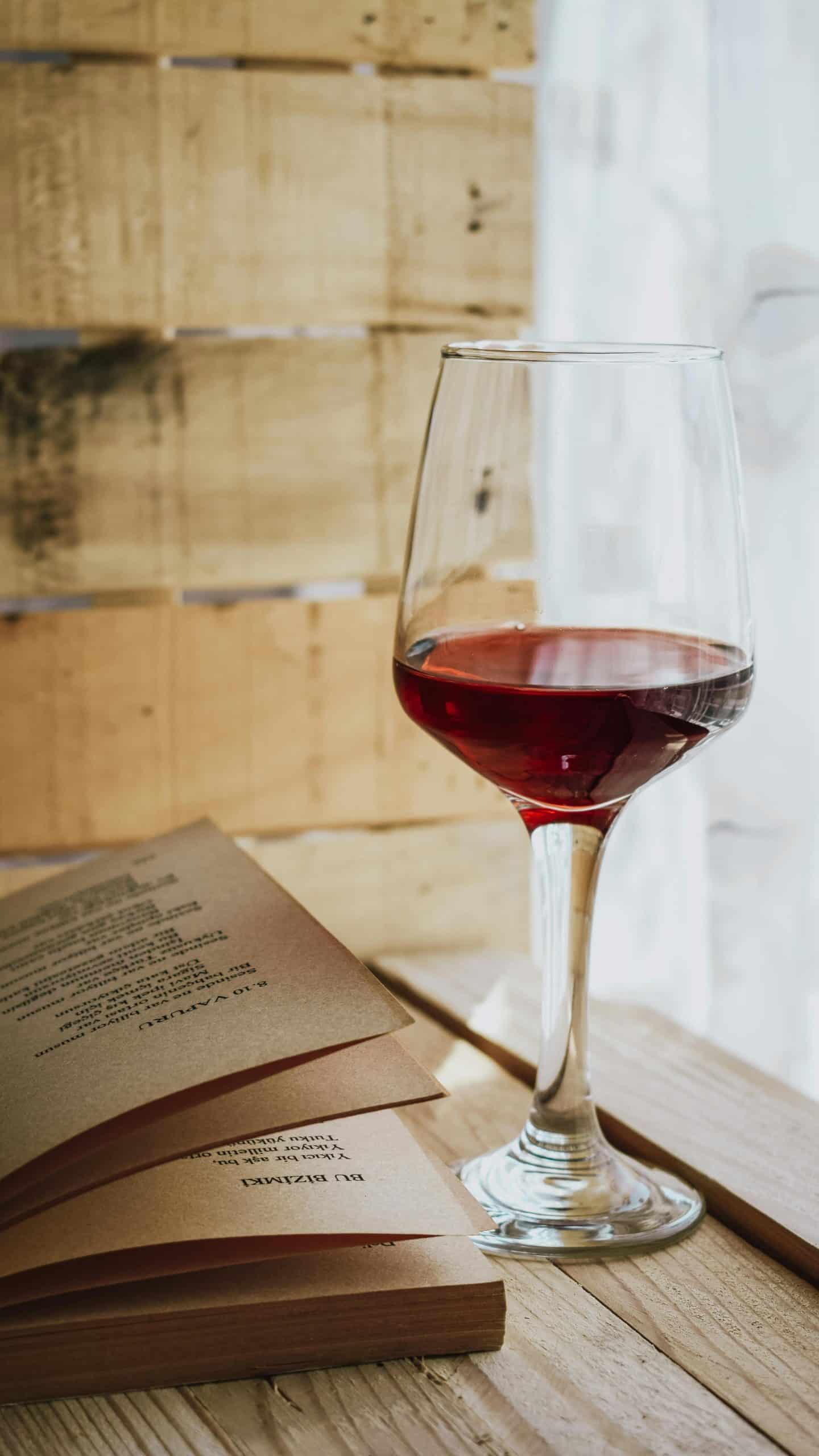 The perfect pairing? Wine and books
The perfect pairing? Wine and books 2025 was the year of Trump's tariffs – will 2026 be better for Italian wine in the US?
2025 was the year of Trump's tariffs – will 2026 be better for Italian wine in the US?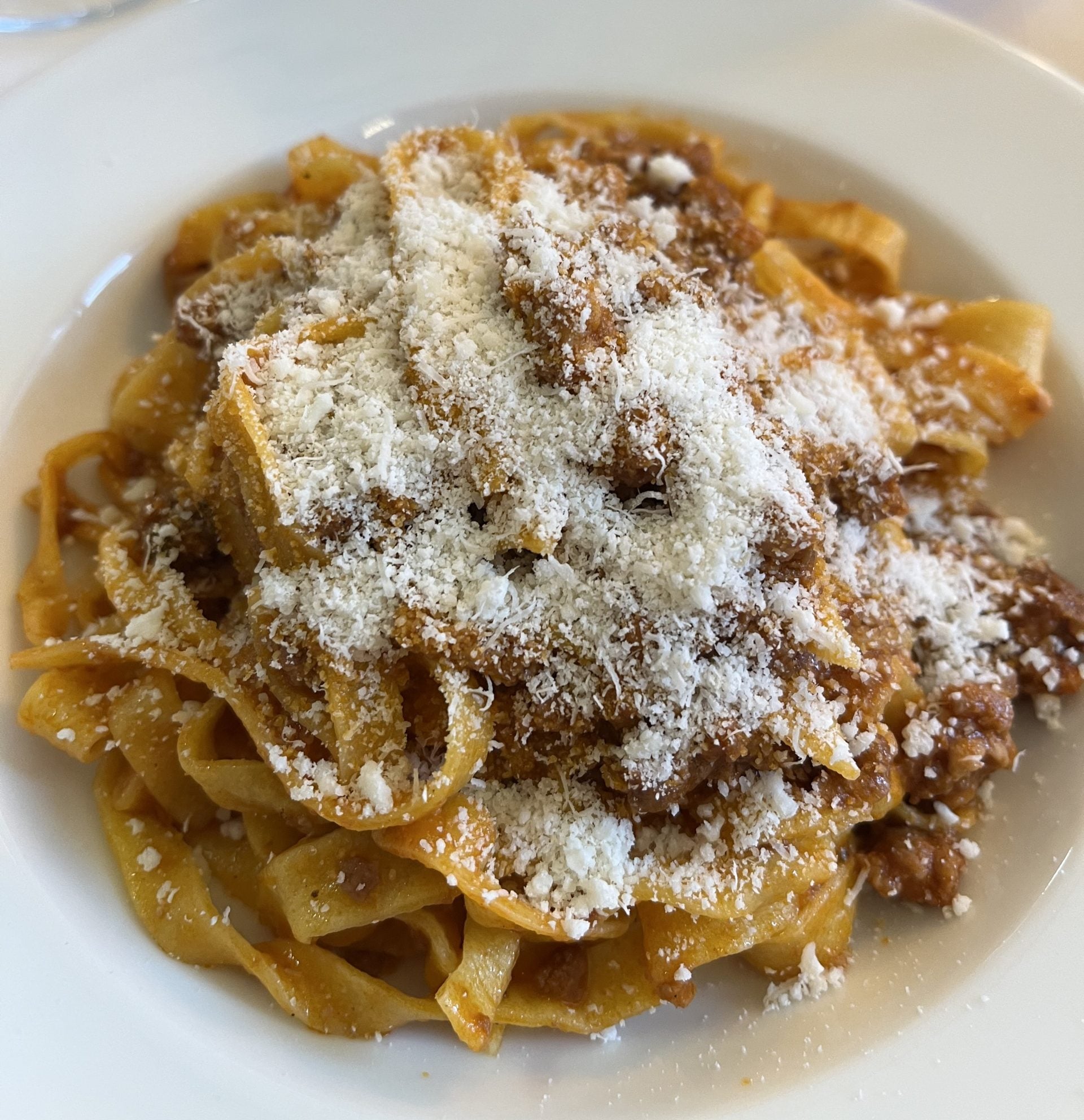 Italian cuisine recognised by UNESCO
Italian cuisine recognised by UNESCO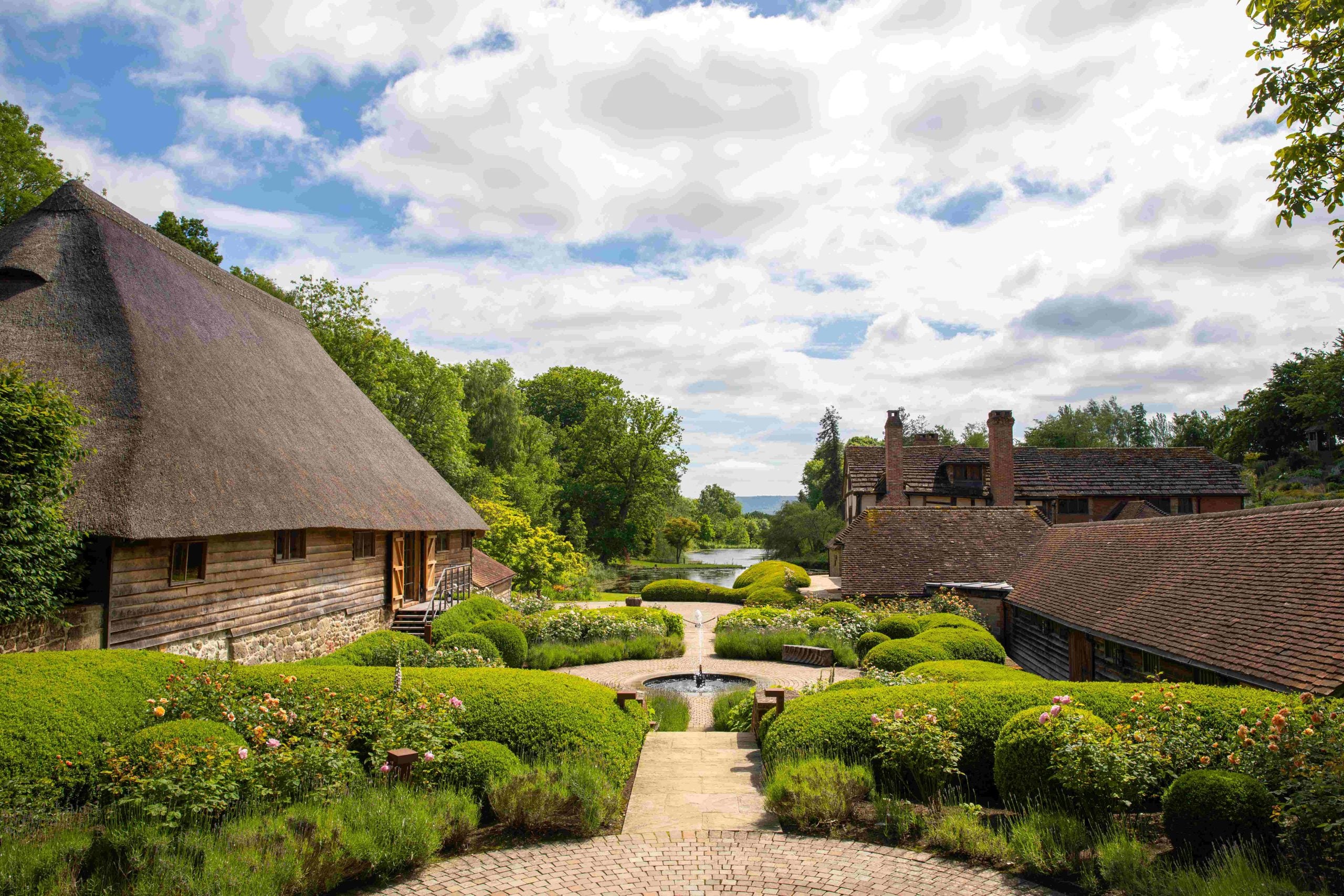 Where is English sparkling wine going?
Where is English sparkling wine going?